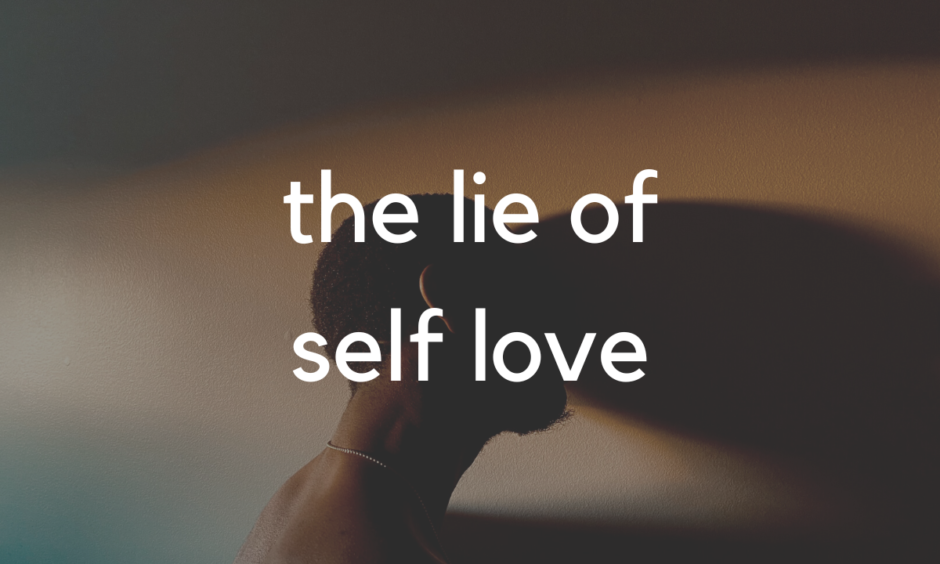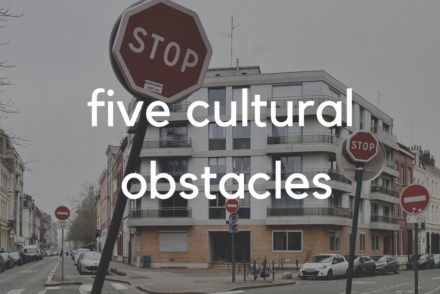A couple months ago Miley Cyrus’ song Flowers was the number one song in the world on Spotify, with over 96 million plays within the first few days of debuting. It debuted at no.1 on the Billboard 100, and it’s the first of her songs to debut in the no 1 spot.
Every couple months I’ll listen through the top 100 songs in the US, listening for trends and themes. Music, perhaps more than any medium, tends to both express and direct the cultural mood and attention, particularly for teens and college students. Cyrus’ hit song is along these lines. The chorus, which is about Cyrus’ ability to love herself better than anyone else could, contains these lyrics:
I didn’t wanna leave you
I didn’t wanna lie
Started to cry but
then remembered I
I can buy myself flowers
Write my name in the sand
Talk to myself for hours
Say things you don’t understand
I can take myself dancing
And I can hold my own hand
Yeah, I can love me better than you can
I’m not particularly interested in the Billboard 100 or a song’s number of plays on Spotify, but what those numbers say to is that Flowers resonates in a significant way with the cultural zeitgeist. It taps into the narrative implicit throughout much of popular culture: that self esteem and self-love are the solution to the hurts and harms inflicted on us by others.
The song is catchy, but its core message should deeply concern Christians, particularly those of us who are leading others in discipleship to Jesus. Not concern us in the sense that we should avoid the song or expect Cyrus and other secular artists to sing more biblically accurate songs – that would be downright foolish. But it should concern us in that we need to be attentive to how the assumptions beneath those lyrics also show up in the students we’re discipling and within our own mind and heart.
Self love, so celebrated in modern American culture, is in many ways the antithesis of the Gospel.
The problem with self-love
The theological problem
Biblically, self-love is the root of all sin. Adam and Eve’s desire to take eat the forbidden fruit is driven by a desire to become “like God” in their knowledge of good and evil rather than being willing to receive it when God gives it. Their desire was to become a source rather than a receiver. To slightly tweak the lyrics quoted above, they effectively said to God, “I can lead me better than you can.”
But the truth is that humans are created in the image of God, which means we are created to be in the give-and-take of relationship, first with God and then overflowing into relationship with other humans. Becoming the source of your own love and identity so that you can be independent of those around you is deadly. To be proudly independent is to be proudly demonic.
The biological problem
Even beyond the biblical narrative and text, neurobiology and other sciences are increasingly showing that you literally cannot “love me better than you can.” Study after study has shown that the development of healthy identity and personhood is contingent on seeing and being seen and known by other humans, particularly at the early stages of development. Infants and children who don’t receive consistent care and attention from caregivers develop attachment disorders that can impact them the rest of their lives.
That need for relationships isn’t limited to childhood. To quote from a recent article in The Atlantic, “the Harvard Study of Adult Development has established a strong correlation between deep relationships and well-being.” The isolation prompted by COVID-related restrictions has resulted in an explosion of scientific evidence that loneliness is literally deadly.
While on a purely human level are benefits to self-esteem and loving yourself, taking yourself dancing and buying yourself flowers has nothing on being given flowers by someone close to you.
The better offer
Rather than attempting to be self-defined sources of self love we were created to receive and then give love. “We love because he first loved us,” as the Apostle Paul put it. We are vessels meant to be filled, not artesian wells that fill themselves. To imply that we can “love ourselves” in a way that frees us from any need of another’s love is to put an impossible burden on the shoulders of an already exhausted populace.
Instead of attempting to manufacture self-love, the Gospel invites us to become receivers of love. The Gospel invites us to discover that we are known fully by God and yet still deeply loved. To quote Tim Keller, ““The gospel is this: We are more sinful and flawed in ourselves than we ever dared believe, yet at the very same time we are more loved and accepted in Jesus Christ than we ever dared hope.”
We are invited into the Gospel community to be known deeply by others. As we do so we are freed to give love. That’s difference between law and Gospel. The false gospel of self-esteem and independence says “perform for yourself! Love yourself so much that you don’t need others to make you happy!” The biblical Gospel says, “humble yourself and lean back in trust into the fact that you are loved in Christ.”
The community of overflowing love
My goal here isn’t to slam Miley Cyrus’s music and her failing attempts to find love in the wrong places. It’s to call for the Christian community to quit attempting to co-op or unintentionally accept the world’ paradigms about what love is and how it works.
Following Jesus isn’t a journey of becoming more powerful and independent. Quite the opposite. It’s a journey of discovering that we are desperately dependent and needy beings, and discovering the terror and delight of receiving mercy and grace in the midst of our brokenness, both from God and from those around us.
Want to experience love? Quit attempting to hold your own hand or buy or work yourself into feeling loved and feeling good about yourself. Humble yourself to receive love from the Father of Love. When you do so you’ll discover that you are freed to easily, joyfully join with the Father, Son, and Spirit in overflowing with love that is irresistible to the world so mired in the pain and hurt that it seems safer to dance alone to buy yourself flowers.



No Comments